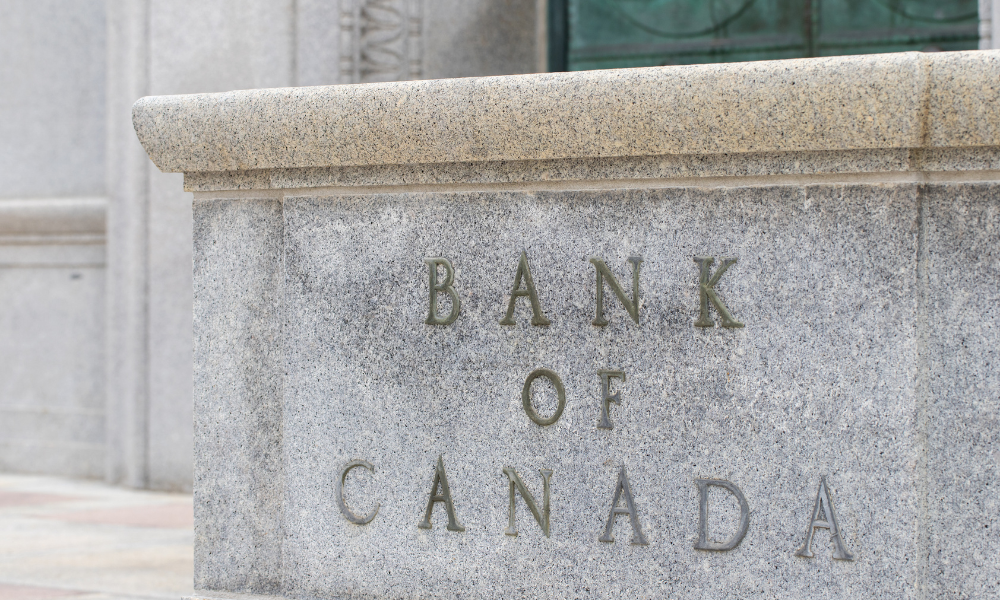Big Six urged to reassess risk management strategies

The collapse of Silicon Valley Bank was a warning sign given the escalating risks are impacting financial institutions worldwide, according to Office of the Superintendent of Financial Institutions (OSFI) head Peter Routledge.
“The wake-up call is be prepared to act,” Routledge said. “Fortunately, we’ve got a baseline of capital liquidity regulation in place that does have ample financial buffers to deal with the risk.”
The deposit run at First Republic Bank, the recovery of Swiss banking giant Credit Suisse AG, and the rapid fallout from the breakdown of three banks, according to Routledge, caused regulators to act more quickly and re-evaluate existing standards as mounting threats endanger the stability of the global financial system.
Liquidity and funding issues were found to be the second-biggest risk to the financial system in OSFI's annual risk outlook for financial institutions in Canada. As more banking is done digitally and at a faster rate, Routledge stated that the regulator is debating whether the liquidity standards put in place after the 2008 financial crisis need to be strengthened and whether they should be modified to deter a run on deposits. “Obviously the liquidity coverage ratio or the existence thereof did not prevent a run at First Republic or Silicon Valley,” Routledge told reporters. There were those rules in place, but the runs happened.”
According to a report from The Globe and Mail, at its lowest mark on Wednesday, First Republic Bank's market capitalization was $886 million, a significant decrease from its all-time high of more than $40 billion in November 2021. In December, the OSFI increased the already significantly high capital requirements for Canada's banking system. The regulator now can raise minimum capital levels even higher thanks to the 4% expansion of the DSB, a reserve of cash that banks could release later in times of economic distress.
To complete the acquisition of Bank of the West, Bank of Montreal sold shares for $3.35 billion. Banks might use this extra capital to reinvest in their companies or distribute it to shareholders, but another increase would force them to hang onto billions of dollars in extra capital.
Analysts have been looking for clues as to whether OSFI may cut the buffer given worries of an economic slump or raise it in response to recent market upheaval at the upcoming DSB review, which is scheduled for late June. Due to its adaptability to changing economic situations, the extra buffer is "a pretty nice insurance policy," according to Routledge. “What we’re thinking about all the time … is whether we want a little more insurance.”



